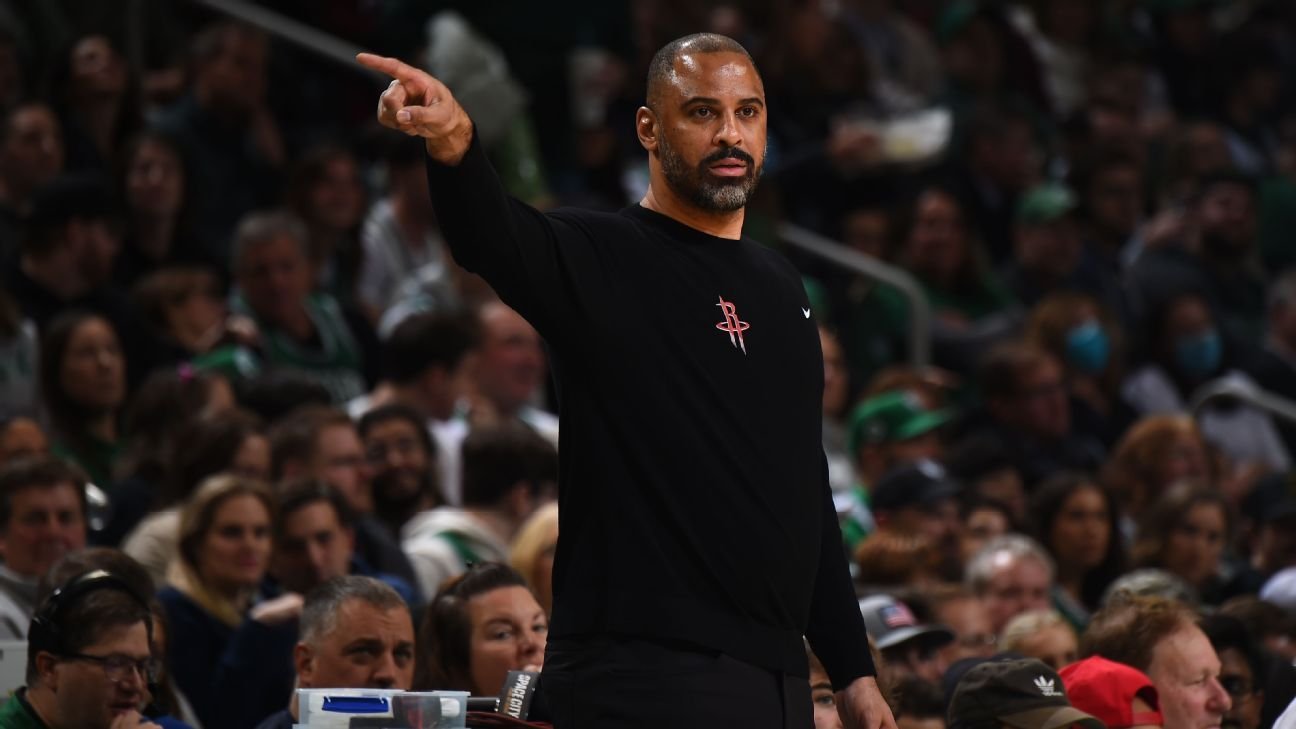Savers are being urged to proactively review their accounts and avoid the trap of low returns, after the Bank of England held its base rate steady at 4.25 per cent on Thursday.
Despite the general downward trend in average savings rates in recent weeks, Thursday did offer a ray of light for some, with certain providers unveiling new products.
Rachel Springall, a finance expert at Moneyfactscompare.co.uk, emphasised the critical need for savers to take action. She stated: “Loyalty does not pay so it comes down to savers to proactively review rates and switch their account if they are getting a poor return on their hard-earned cash.”
“It is vital that savers look beyond the high street banks and instead take notice of the many challenger banks and mutuals competing in the savings arena.
“The biggest high street banks pay an average of 1.56% across easy access accounts, but even this pitiful return is being eaten away by inflation, which sits above its 2% target.
“It may be convenient to leave pots with such prominent brands, but it’s costing savings in better returns available elsewhere.”
According to Moneyfacts, the average easy access savings rate on offer across the market fell from 2.79% at the start of May to 2.72% at the start of June, based on someone having a £10,000 deposit.

The average easy access Isa rate fell from 3.03% to 2.98% over the period.
Alice Haine, a personal finance analyst at Bestinvest by Evelyn Partners said: “With interest rates still offering savers a decent return, it’s never been more important to keep an eye on the personal savings allowance (PSA) – a threshold that’s remained the same since 2016.
“Under the PSA, basic rate taxpayers can receive up to £1,000 of interest tax-free, while for higher rate taxpayers this is limited to just £500. Additional rate taxpayers get no PSA at all.
“Higher-rate taxpayers are particularly at risk of breaching the PSA, especially if they’ve secured one of the market’s top-paying accounts.
“To sidestep an unexpected tax bill, savers should consider a more tax-efficient approach. Making full use of the £20,000 Isa allowance and boosting pension contributions can help shelter returns from the taxman, while also supporting long-term wealth goals.”
On Thursday, Yorkshire Building Society announced it had refreshed its range of fixed-rate saving options, including a one-year fixed-rate bond at 4.00% AER (annual equivalent rate), a 4.05% two-year fixed-rate bond, a 3.80% three-year fixed-rate bond, and a 3.70% five-year fixed-rate bond.
It is also offering a 3.75% one-year fixed-rate cash Isa and a 3.80% three-year fixed-rate cash Isa.
Harry Walker, senior savings manager at Yorkshire Building Society, said: “With interest rate movements making it harder for savers to plan ahead, we’re proud to offer fixed-rate options that combine strong returns with peace of mind.”
Another mutual, Skipton Building Society, has launched a “bonus saver” easy access account, at 4.50%, which includes a 1.70% fixed bonus for the first 12 months.
The launch follows the introduction of Skipton’s new cash Isa base rate tracker last week. The tracker is linked to the Bank of England base rate, currently offering savers a rate of 4.10%. The rate of interest is guaranteed to track 0.15 percentage points below the Bank of England base rate for 12 months from the first payment into the account.
The base rate hold on Thursday may disappoint some mortgage holders looking to switch to a new deal.
According to figures from UK Finance, around 1.6 million fixed-rate homeowner mortgage deals will end or have already ended in 2025.

The Bank of England has said interest rates “remain on a gradual downward path,” despite being left on hold on Thursday.
Nicholas Mendes, mortgage technical manager at John Charcol, said: “Markets still expect a cut or two later this year, possibly as soon as August,” although: “The rate path is still anything but settled.
“Borrowers would be wise not to wait passively. If your current fixed deal is due to end this year, it’s worth reviewing your options early, as some lenders allow new deals to be secured up to six months in advance.”
Mark Harris, chief executive of mortgage broker SPF Private Clients, said borrowers do have “some good news … in that lenders have reduced mortgage rates and eased criteria in recent weeks.
“This rate hold was largely expected by the markets but if swap rates (which are used by lenders to price mortgages) fall, this will enable lenders to price their fixed-rate mortgages more keenly, easing borrowers’ affordability concerns.”
Matt Smith, Rightmove’s mortgages expert said: “Lenders have a bit of room to reduce rates further even with a hold in the (Bank of England base rate) today so home movers can still be hopeful of some small mortgage rate cuts over the next couple of weeks.
“Average rates have been pretty flat in recent weeks, but we have seen increasing signs of competition amongst lenders as they have reduced their stress-testing criteria and with new mortgage products coming back to market, lenders are looking at ways to support more people get the home that they want.”
Jenny Ross, Which? Money editor, said: “Anyone concerned about meeting their payments should speak to their lender as soon as possible – they’re obliged to help.”
#Saving #account #holders #issued #warning #Bank #England #holds #base #rate



